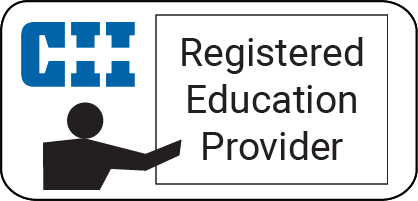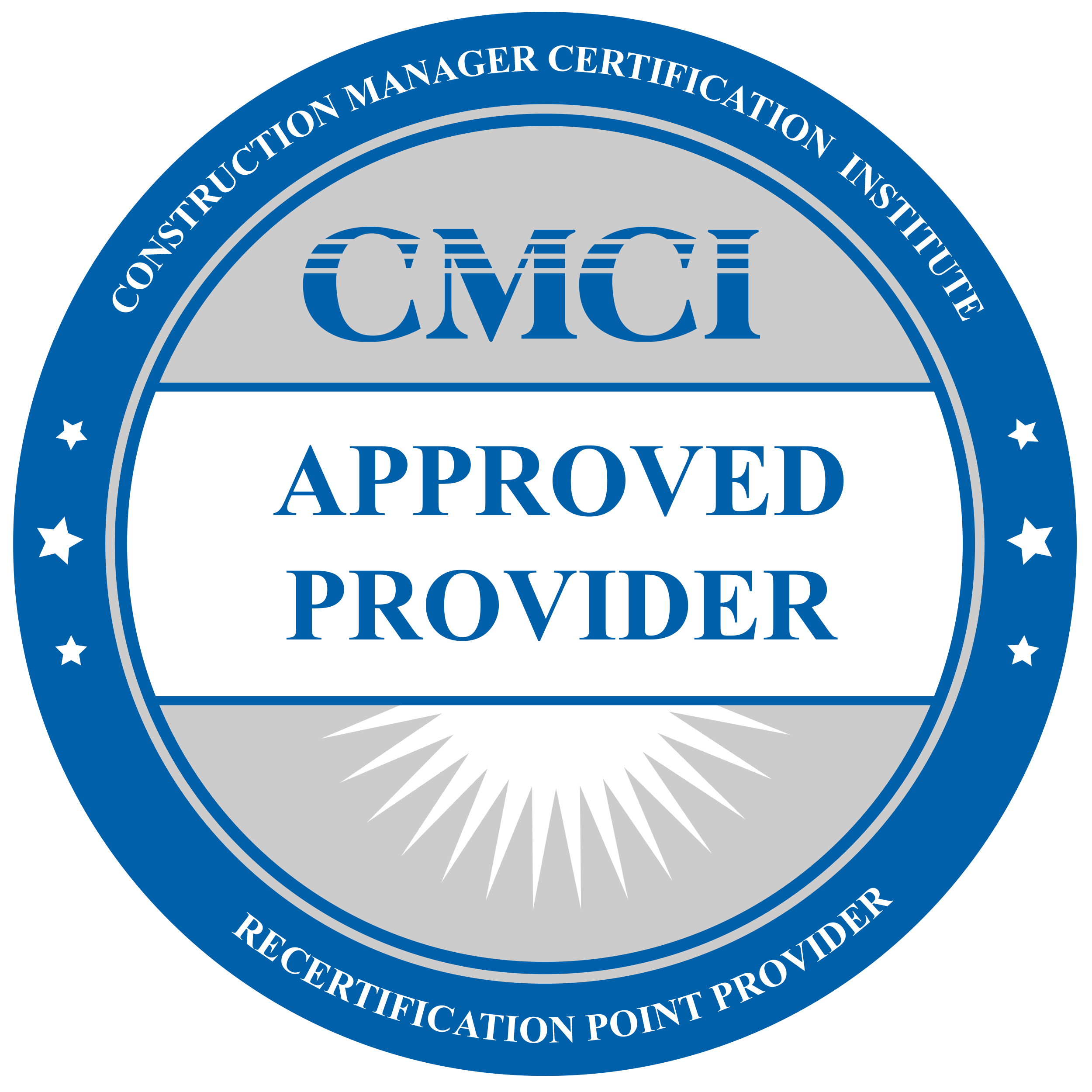This two-day course offers participants the opportunity to learn how to effectively implement risk management principles and practices in small and midsize capital projects, specifically those under $20 million. The course is designed for project leaders who manage project risk and need a practical, easy-to-use process with supporting tools. Participants will be introduced to the Construction Industry Institute’s (CII) risk management best practices, scaled for time-efficient use in smaller projects.
Using interactive case studies, participants will work in small teams to apply course learnings. They will conduct a risk identification workshop, complete an assessment of identified risks, and develop risk responses. The course package includes easy-to-use risk tools and templates, such as:
• Risk Register toolset
• Risk identification checklists based on 20+ years of CII research
• Risk management dashboard
• Risk status report templates
Learning Objectives
- Explain the key components of the Construction Industry Institute’s (CII) risk management process.
- Conduct a risk identification meeting in a manner that increases team alignment.
- Select an appropriate level of risk assessment based on project complexity.
- Develop actionable risk responses.
- Maintain a Risk Register for tracking and communicating project risk.
- Understand project team roles and responsibilities in risk management.
- Set expectations with senior stakeholders of how risk management will improve cost and schedule performance and increase project predictability.
- Apply standard risk management terminology in accordance with the Project Management Institute (PMI).
| Duration |
Two half-day sessions |
Delivery |
Virtual, Instructor-Led |
| Credits |
7 Professional Development Hours (PDH) |
Group Size |
15 |
| Focus |
Learn best practices in project risk management for construction. |
| Who Should Attend? |
Program Managers, Project Managers, Project Engineers, Architects, Project Controls Managers, Design Managers, Designers, Quality Managers, Project Management Office leaders, Construction Managers, Technical Managers, Project Estimators, Contract Administrators, Quantity Surveyors, and others. |
| Related Courses and Certification |
Certified PDRI Facilitator Program
VAL 223: Facilitation Skills & Techniques for Capital Projects Workshop
|







